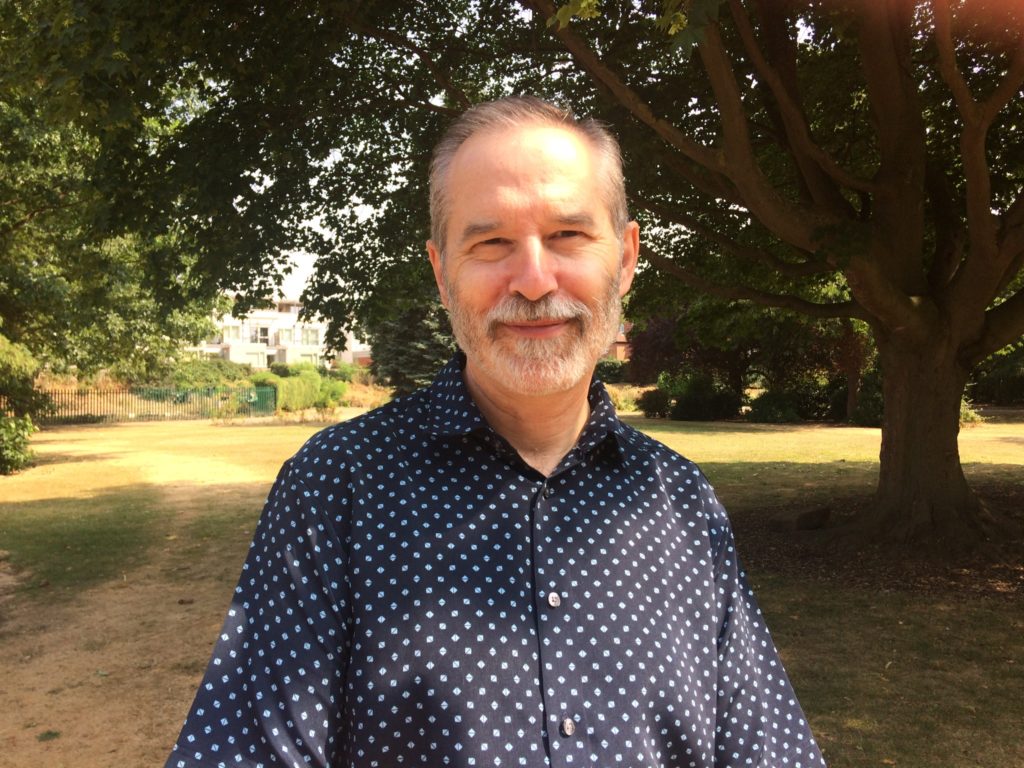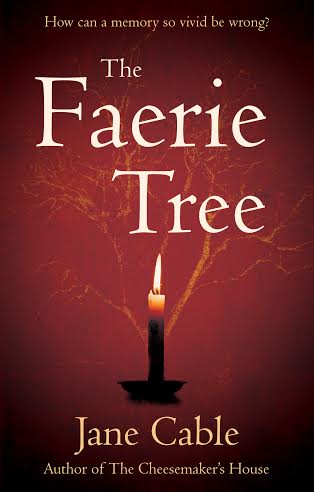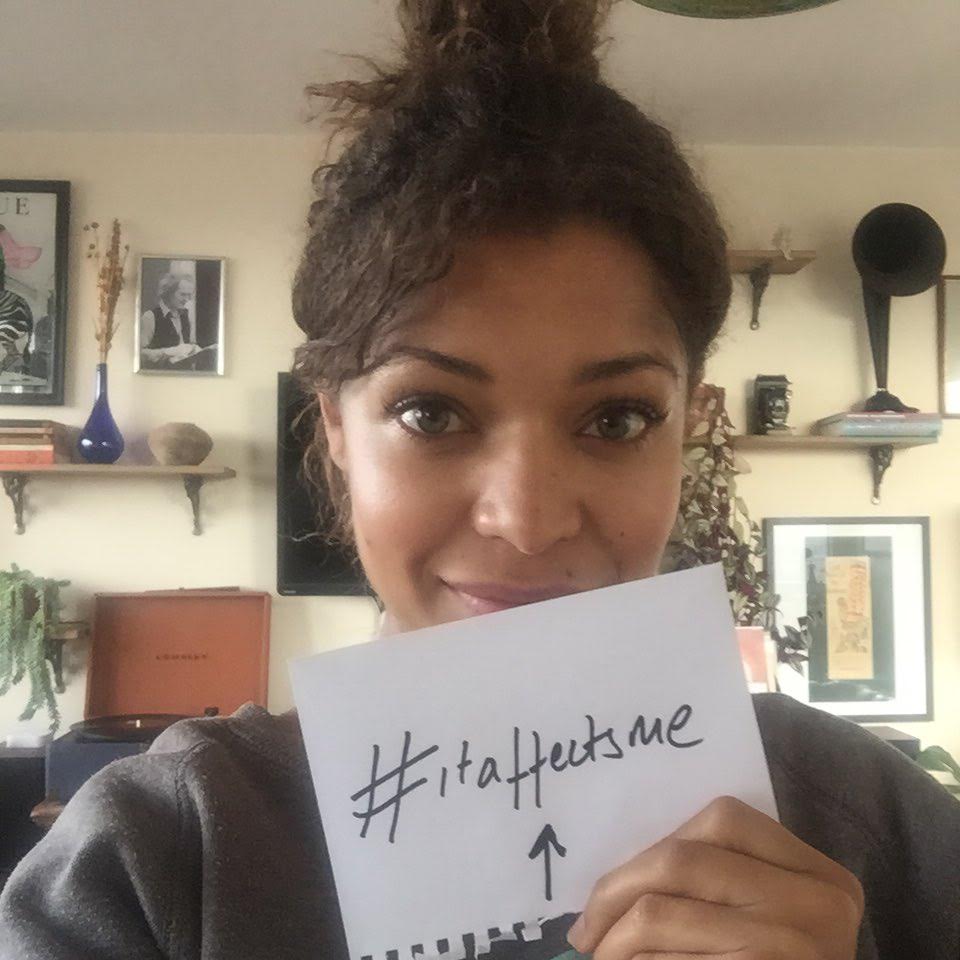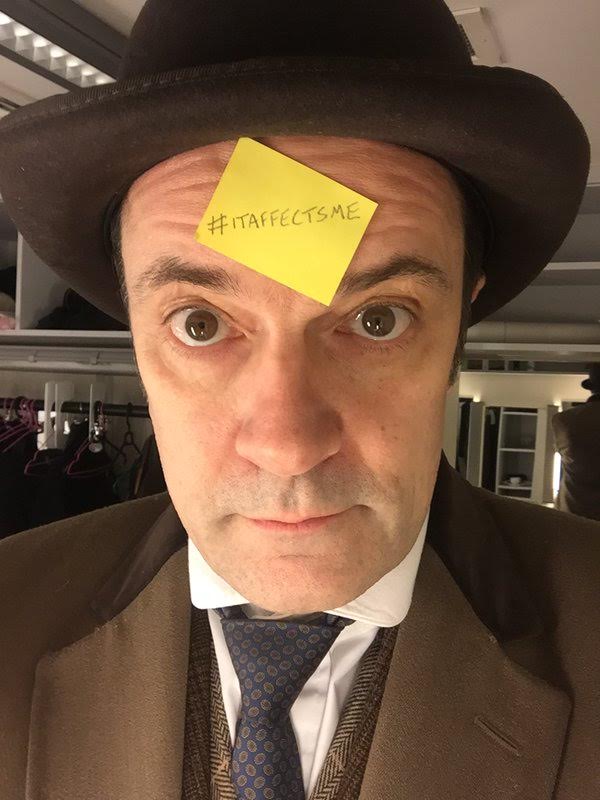 His debut novel, Farewell Olympus, might be a “laugh-out-loud” read but its humour belies Jack Messenger’s fierce battle with depression. In a candid Q&A, he tells Frost Magazine about the sadness behind the jokes and the inspiration for his wonderful work.
His debut novel, Farewell Olympus, might be a “laugh-out-loud” read but its humour belies Jack Messenger’s fierce battle with depression. In a candid Q&A, he tells Frost Magazine about the sadness behind the jokes and the inspiration for his wonderful work.
Q: Tell us about your book and who it will appeal to.
A: My new book is an outlandish novel called Farewell Olympus. Set in Paris, it’s about love and rivalry, ambition and morality, Armageddon and the quest for the perfect croissant. It will appeal to readers who enjoy a fascinating story with lots of twists and turns, bizarre characters, and, of course, humour. There’s a mystery to unravel, but mostly it’s the story of two half-brothers who drive each other mad.
Q: What inspired you to write the novel?
A: My wife and I spent some years in France, where I also learned the language. It was partly a desire to process that experience which led me to write Farewell Olympus. It seemed to me that a brilliant novel could be written about British people abroad who were trying to work out the complexities of a different culture. I had always assumed there was so much in common between the UK and France that it would be easy to make the adjustment. While that is true in many ways, I was taken aback by the differences, which were all the more perplexing for being subtle and unexpected. Attitudes and assumptions, ways of looking at the world, are often dissimilar, especially when it comes to harvesting your leeks. And, at a practical level, some conventions were potentially deadly, such as the rule that a vehicle joining a road from the right had priority over vehicles already on the road. Tractors and combine harvesters would pull out from nowhere, regardless of traffic and speeds. My life flashed before my eyes on more than one occasion.
Q: Do you have a particular writing schedule and how strict or otherwise are you in this respect?
A: I like to relax in the evenings, so I don’t want to set myself an arbitrary target each day; I write as much or as little as I feel inspired to, and will often spend time reworking material until I’m happy with it.
Q: You’re a copywriter and editor by profession. You’ve also written a number of Berlitz travel guides. To what extent, if any, did your professional background help in the crossover into writing a novel?
A: It helped enormously. Many inexperienced writers have a surprisingly blasé attitude towards errors and inconsistency, for example; consequently, they don’t have their books copyedited or proofread. I am asked to review a great many books which turn out to be riddled with basic spelling and grammatical errors right from the first page. Readers notice these things and are put off reading because it
shows a casual indifference to their intelligence. Travel writing was also a helpful discipline, as I had to produce a book to a specified word count by an agreed date – no exceptions. A writer has to be organised and care about every last detail in their work. There is no such thing as an unimportant sentence; every sentence, every word, has to be thought about. This is my mantra.
Q: What challenges did you face bringing the book to market, and what advice would you give to other aspiring authors to help them avoid a similar fate?
A: I decided to publish my book independently, so that I could control every aspect of the process. This entailed a great deal of learning by trial and error – everything from setting up a website to completing tax declarations. Marketing proved to be the hardest aspect by far. There is a great deal of useful marketing advice available online, but there is also a lot of stuff that is out of date. Social media use, for instance, grows in sophistication year by year, often outstripping our ability to keep up with the changes. As a result, my social media experiences were hugely disappointing. Nothing beats an organized publicity campaign run by professional people who know what they are doing and who have the necessary contacts. My advice to myself and others would be to produce the best work you can – that’s why you’re writing, after all. Make sure it’s copyedited and proofread, give it a professionally designed cover, publish it as widely as possible, and give the major marketing and publicity to someone you can trust.
Q: Did you base the central characters on anyone you know – and have you told them?!
As far as I know, I didn’t. If I had, I probably wouldn’t have told, just in case they were offended. My nose bleeds easily.
Q: What three words would you use to describe yourself?
A: Hirsute, indolent, callipygous.
Q: You’ve suffered with depression for some time; what effect has this had on your writing?
A: Humanity’s need for stories is all about broadening our experiences in an attempt to understand ourselves and our world. My writing is largely concerned with people rather than plot – with the ‘why’ rather than the ‘what’. I think my mental health problems have led me to take an interest in the complexity of people and the situations life puts them in, how they cope with themselves and interact with others. I am attracted to eccentricity as a form of personal defence, which often leads to humour and misunderstanding.
Q: Writing is said to be a form of catharsis. Is this true in your case?
Until recently, I would have said not, but Farewell Olympus was cathartic in a strange way I still don’t understand. It was written at a time when I was
dangerously unwell, yet it is full of humour and hope. I enjoyed writing it because characters and their words arrived easily. Readers find it amusing, which is great. I can also see my own sadness in it, lurking behind the jokes. There is a lot of me in Howard, who is perpetually thwarted by his misperceptions.
Q: What plans do you have for the future?
A: I have an idea for a science fiction novel that I’d like to write under a pseudonym. It takes me a long time to come up with ideas, but I’ve had a lot of fun inventing a biography for my alter ego, and a title for the book. Many of the characters and incidents are already there, but one major thing still eludes me. If I can get that, I’ll start to write. I love stories set in confined spaces, so I am thinking of a space station or craft of some kind. In addition, I have other novels already written that I really should get around to publishing. Their characters keep badgering me to let them out.
Jack Messenger is a British author whose debut novel, Farewell Olympus, is a laugh-out-loud witty and intelligent farce about sibling rivalry, love and ambition set in the heart of Paris. It is out now through Greyhound Press on Amazon UK priced £8.99 in paperback and £3.99 in eBook.








